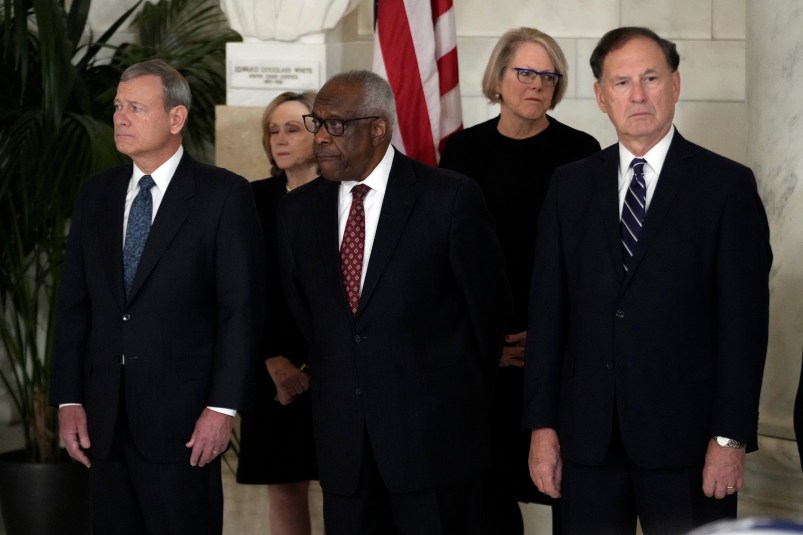In recent days there has been a spate of news stories and editorials on whether the US intelligence community might have greatly overstated Iraq’s WMD capacity and, if this is so, why this might have happened.
First, let’s stipulate that if we eventually find that Iraq had few if any continuing WMD programs, that would be a major intelligence failure.
Yet, we’re far from that point. What we can see — and this is the point of this new second-guessing — is that the maximalist estimates — those of vast chemical and biological programs and a reconstituted nuclear program — almost certainly cannot have been true. If these estimates had been accurate, we likely would have found more evidence of such efforts. And — even more likely — we would have found someone, somewhere in the program to squeal.
What most of these articles and editorials share is a willful blindness or agnosticism toward the reality that must be clear to  almost anyone who has followed this story over the last year. If there was a failure it was not an intelligence failure, but a political one — one among administration political appointees and those at the very highest level of the intelligence apparatus.
almost anyone who has followed this story over the last year. If there was a failure it was not an intelligence failure, but a political one — one among administration political appointees and those at the very highest level of the intelligence apparatus.
The story, again and again over the last eighteen months, has been of the intelligence bureaucracy generating estimates of Iraq’s capacities that are pretty much in line with what we’re now finding. Again and again, though, the political leaders sent them back to come up with better answers. The narrow facts of what I’m saying aren’t even in dispute, only the interpretation, and then only at the margins.
Over the last year, the word from folks at the Pentagon or from hawks close to the Office of the Vice President has been that the career people at CIA and the other intelligence agencies were either too cautious in their estimates or were intentionally low-balling their figures in order to undermine the arguments for a war they did not themselves support. Whether that was true or not, the salient point is that the politicals would not believe what the career intelligence types were telling them. The examples are almost too numerous to count — on chemicals, biological, nuclear programs, al Qaida links, everything.
(This doesn’t even get into the related issue of the heavy culling of uncooperative career civil servants at the Pentagon — many of whom were shut out and eventually left for assignments on the Hill, National Defense University and other similar locales because their advice, expertise and questions were deemed unhelpful to the cause.)
Our intelligence agencies have all sorts of problems. But they got this one pretty close to the mark. Anyone who acts as though we’ve got to examine why our intelligence agencies missed the boat on this one is either being willfully misleading or simply hasn’t been paying attention.






